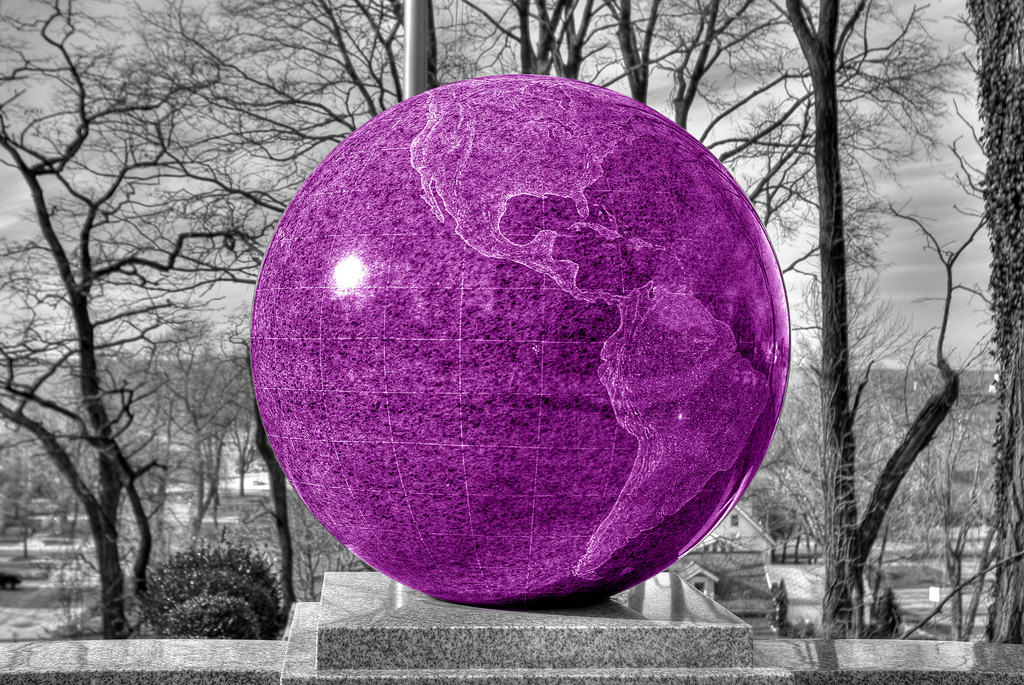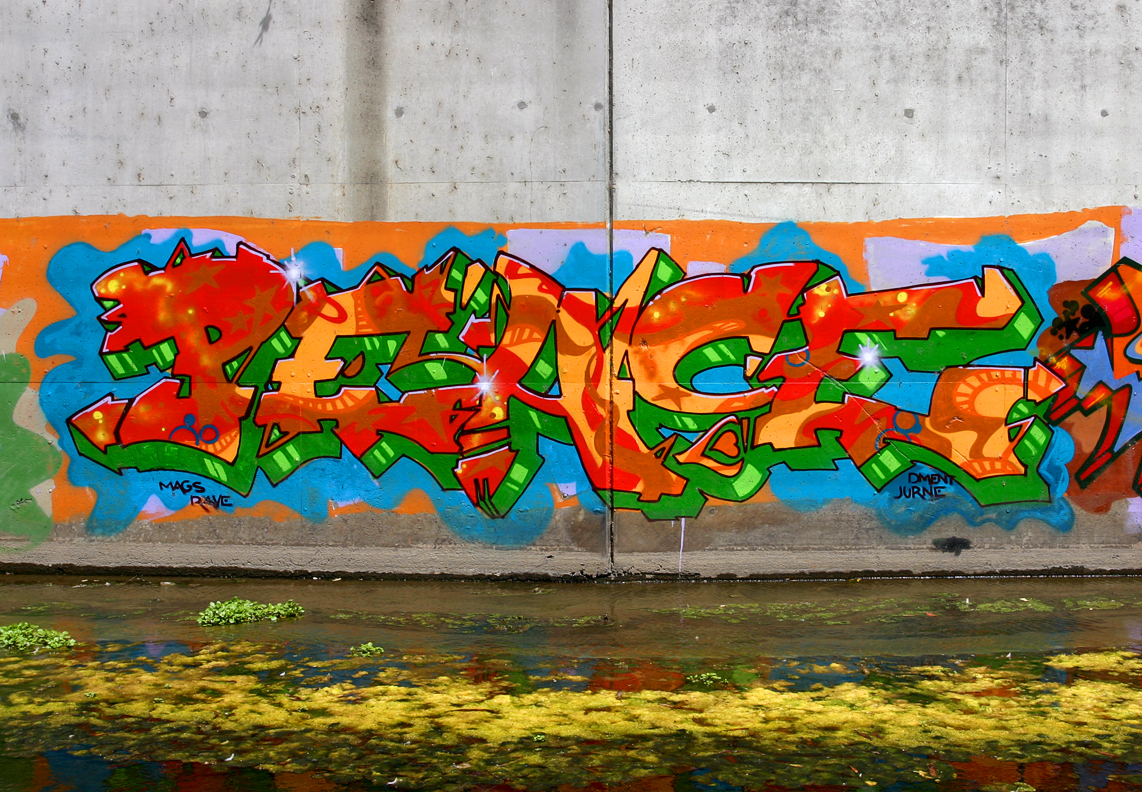Hera Hussain is the founder of Chayn: an advocacy group that leverages technology to empower women against violence and oppression so they can live much better lives. One of the main themes of this group is to use the power of technology to help people most overlooked by society. Hussain says it is usually women, especially women of color that are affected. One of their projects included a hackathon to create solutions to end sexual violence in high conflict zones. Another was an online toolkit for domestic abuse survivors to build their own legal case.
A particular hackathon held more than a month ago called #PeaceHackBEY helped to resolve the issue of integrating women into the picture of solving societal challenges. In partnership with the global NGO International Alert, Chayn brought together a variety of technologists, activists, thinkers, and engaged citizens aiming to create solutions to some of the major social problems facing Lebanon today. Before, there were two extremes in civil society: events that focus solely on women and the latter dominated by men. In events leading up to the Hackathon, anti-government protests swept the city over issues like public services and the lack of resources and support for the Syrian refugees that entered Lebanon to escape turmoil.
“Civic tech is a term that emerged because there was demand for citizens to create solutions when the response from government was slow and people wanted to make change on their own,” Hussain says. “This hackathon felt like it was the right thing because it was tackling issues that Lebanese society faces as a whole—access to services, resources, and information—but which tend to affect women most because they’re disenfranchised.”
Chayn is headquartered in London, but Hussain is originally from Pakistan and heads a team of volunteers from all over the world. Hussain hopes the organization acts as facilitators, active in working with stakeholders and finding sustainable solutions to build peace. “We believe in a ‘build with, not for’ approach—that’s all about working with people you’re building solutions for, rather than building it for them without including them as part of the design process,” she says.
Article via Good Magazine, September 22, 2015
Photo: Globe in Purple via Norm Hoekstra [Creative Commons Attribution-NonCommercial-NoDerivs]

